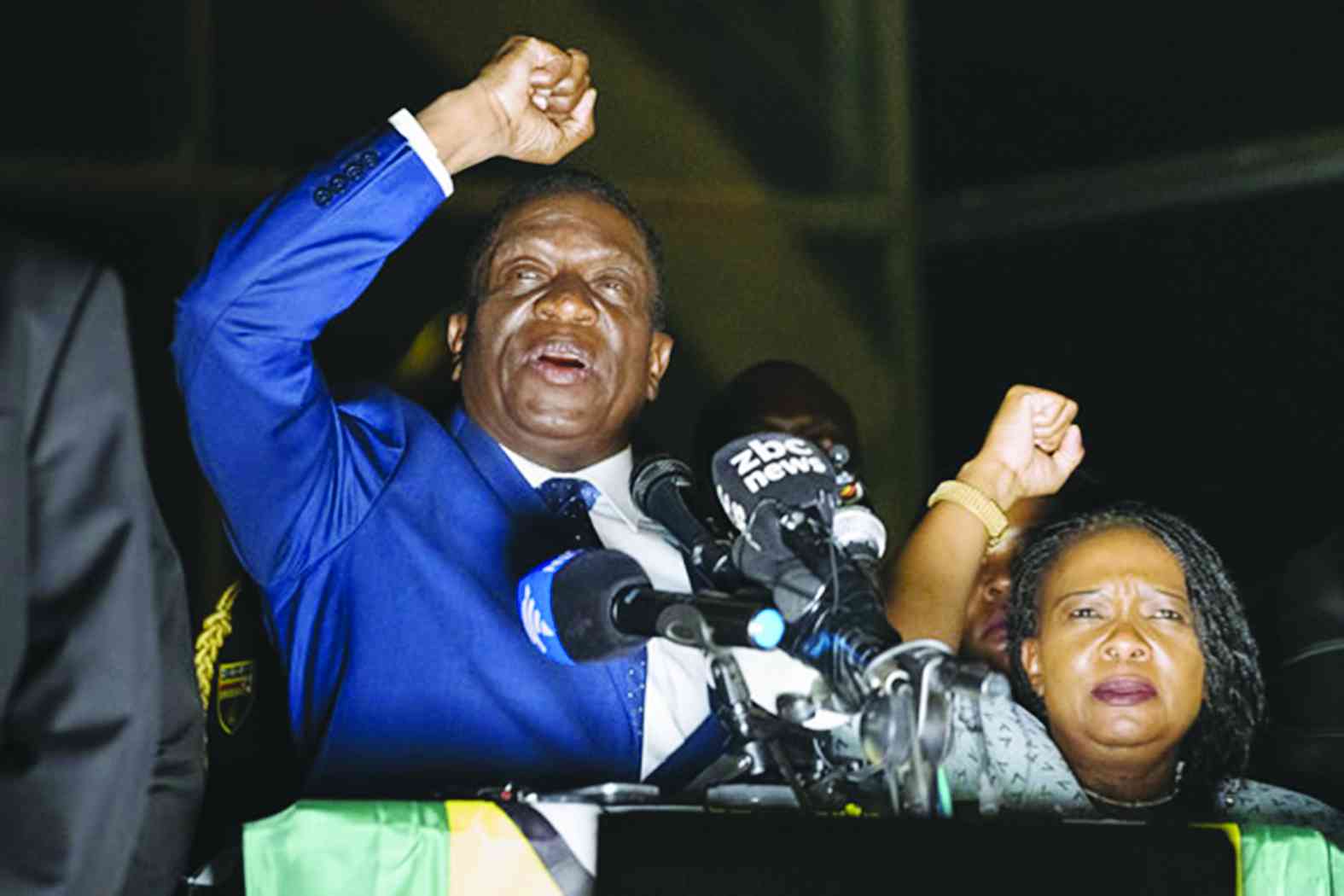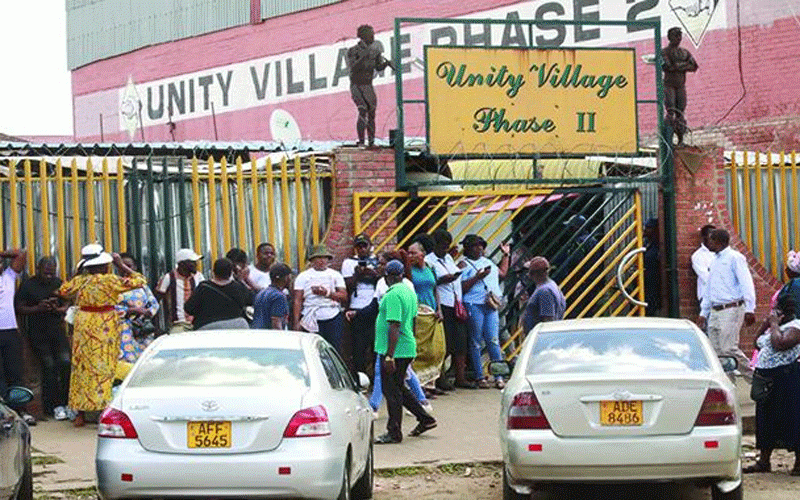
ON Thursday, November 9, 2017, the NewsDay lead story screamed: Mugabe out in weeks — Mnangagwa.
This was at the height of public protests against Zimbabwe’s ageing ruler, the only leader the country had known for 37 years.
“Axed former Vice-President Emmerson Mnangagwa is spoiling for a bruising battle with President Robert Mugabe, whom he has promised to kick out of both Zanu PF and government in the next few weeks,” read the lead paragraph.
The political situation had reached boiling point.
Mugabe was preparing to run for another term in elections scheduled for the following year despite having entered his 90s.
His wife, the fiery Grace, vowed that he would rule from the wheelchair, even if she had to wheel him to State House herself.
He was eternal, we were told.
With the economy in the toilet and Zimbabweans, watching their savings and pensions disappear for the third time in two decades, decided they had had enough of the ruling elite’s wilful blatant mismanagement and took to the streets.
- NoViolet Bulawayo’s new novel is an instant Zimbabwean classic
- Jah Prayzah, Zanu PF rekindles ‘lost love’
- Bank workers appeal to Ncube for tax relief
- Indosakusa marks 21-year anniversary milestone
Keep Reading
Mugabe made a decisive move to fire Mnangagwa as his deputy, who then fled the country for South Africa via Mozambique.
The statement he released from his hideout is worth repeating.
“I will fight tooth and nail against those making a mockery of Zanu PF’s founding principles, ethos and values,” he wrote.
“Fellow Zimbabweans and specifically members of Zanu PF, the time is now to say no to demigods and people that are self-centred and only think of themselves and their families.
“Let us bury our differences and rebuild a new and prosperous Zimbabwe, a country that is tolerant to divergent views, a country that respects the opinion of others, a country that does not isolate itself from the rest of the world because of one stubborn individual who believes he is entitled to rule this country until death.”
What a difference nearly eight years of absolute power makes!
The “tolerant” regime he was preaching has been replaced by a repressive corruption-riddled machine that, in the words of his most ardent critic, Blessed “Bombshell” Geza, is betraying the values he claimed to want to restore.
The irony is that Mnangagwa released his statement to the world through Blessed Mhlanga, the journalist now facing persecution for doing the same for his critics.
As the Zimbabwe National Editors Forum said in a statement, the unwarranted arrest and harassment of Mhlanga, who was simply doing his job as a journalist by interviewing war veterans in the public interest, is a clear attack on Press freedom and constitutionally- guaranteed rights, particularly freedom of expression.
No police turned up at NewsDay to harass Mhlanga and other journalists for publicising Mnangagwa’s statement because even in his twilight years, Mugabe understood that the interviews constituted legitimate journalism practice and media business.
As the Media Alliance of Zimbabwe noted, the parameters of journalism are predetermined at law and within the professional standards and codes of conduct.
“Any person aggrieved by the work of journalists and broadly the media, is free to utilise the existing mechanisms within the media organisation, the Voluntary Media Council of Zimbabwe — where AMH [Alpha Media Holdings] subscribes to the code of conduct or the constitutional regulatory body, the Zimbabwe Media Commission,” it said.
The harassment of Mhlanga, therefore, exposes insincerity to the commitment to engage media stakeholders on media freedom and the safety of journalists.
Journalism is not a crime and, as the official slogan of the American newspaper The Washington Post goes, “Democracy Dies in Darkness”.
Our leaders must learn from history and always remember this paraphrased popular quote: “No matter how long it lives, the Greatest Lion will eventually die miserably. Life is short. Power is ephemeral. Everyone who lives long enough will become very vulnerable at some point. Therefore, let us be humble. Help the sick, the weak, the vulnerable and most importantly never forget that we will leave the stage one day.”






